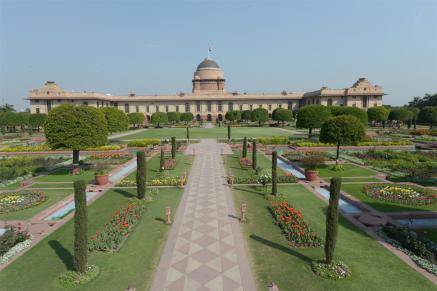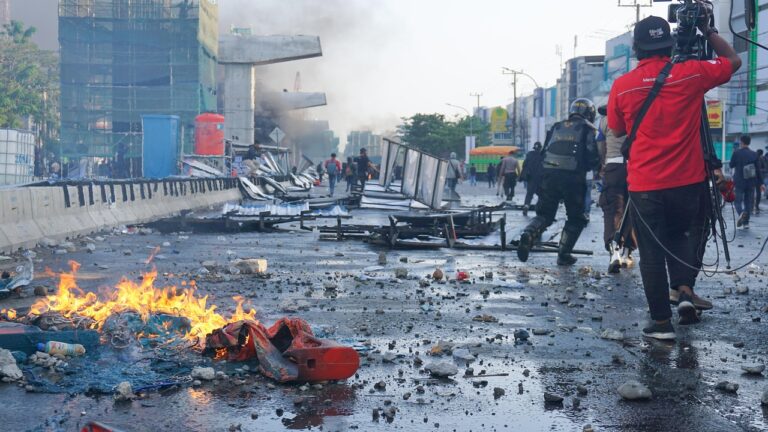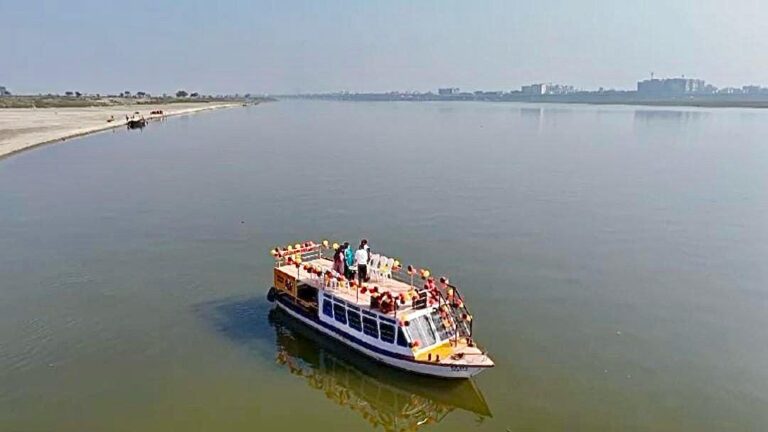
Sunday Snippets: What’s in a name?
 By Venkatesh Raghavan
By Venkatesh Raghavan
What’s in a name? My friend Amir brought out a well-packed set of sliced plum cakes as we kept sipping our second cup of green tea in the early morning hours in the Irani Café. The topic that came up for discussion was the renaming of the Mughal Gardens as Amrit Udyan. Our conversation was somewhat along these lines.
Amir: They dislike the Mughals. That’s fine. They dislike the British. That’s still better. However, what on earth do they stand to gain by just renaming all the wonderful architecture these rulers had painstakingly nurtured?
Me: Governments have to be proactive in showcasing their efforts to the people of the land. In my opinion, there is nothing wrong with renaming colonial or pre-colonial edifices or monuments. When history texts themselves are being re-scripted, it’s just like providing an extension to the hard work being put in by the current brand of historians.
Amir: Don’t you feel that such renaming would take away the credit from the glory of the particular era when such structures were built?
Me: Not at all, Amir. The identity does not lie in names but in the architecture of the particular edifice. For example, a good 1000 years from now, when people come and excavate the Fort area of Bombay, they would say this island was home to the British. There won’t be any mention of India, leave alone the Gateway.
Amir: I don’t understand their zeal for renaming under such circumstances. It serves no earthly use.
Me: Try to understand Amir. With most public sector companies like Air India getting privatized, the ministers are just left twiddling their thumbs and might well suffer disguised unemployment. The government needs to keep itself occupied lest they follow software giants like Google and Microsoft in effecting layoffs. This is one means by which they keep their herd obsessed and occupied.
Amir: Don’t you feel despite renaming the people will continue to call the edifice or gardens or palace by their old name? Unemployment, disguised or otherwise, can be taken care of well by pakoda stalls.
Me: You can’t afford to leave things to pakoda stalls Amir. It will result in a high degree of insecurity among our political honchos. Not good for a stable government.
Amir: What on earth are you implying? I don’t see any connection in your statement.
Me: Look Amir, our honourable Prime Minister began as a tea vendor. If more and more people take to selling pakodas, it will result in a high level of mistrust among our political honchos as to who will get to occupy the hot seat. Secondly, Amir, to address your point on what people will call it, you can take the instance of Mahatma Jyotibhai Phule market in south Mumbai. To this day, people including bus conductors call it Crawford Market. In fact, it would serve our political masters better when it comes to scripting history texts.
Amir: In what way is this going to contribute to our history books? You make no sense to me.
Me: Look Amir, with an increasing number of names coined up for existing colonial or Mughul structures, our history books will write stories on how the names got changed after ethnic Indian kings regained the territory from their colonial masters. More names, more renaming, more intrigue and more to pen for the history books!





